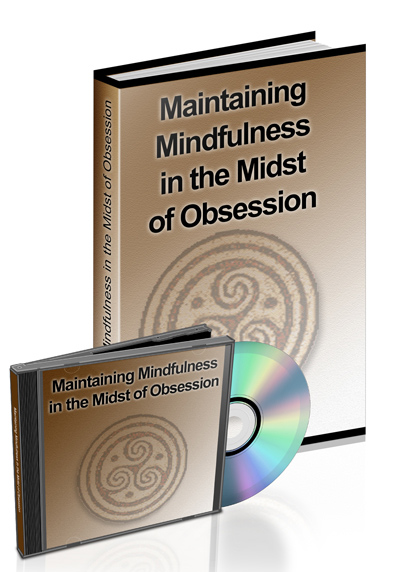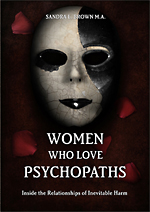STARVE THE VAMPIRE–WHAT IT’S ALL ABOUT….Pathological persons are energy and emotional vampires. They live off of your emotional content. Part of their personality deficit is the lack of a stable and consistent inner core of a self concept so they need constant attention, distraction, and identity management from which they draw their identity. Lots of their identity is acquired from their relationships since internally there is so little core self to draw from. This is part of the reason they are so exhausting. In order to get their emotional ‘blood supply’ from you, they ‘hook you’ into conversations or arguments or any kind of response they can get from you. They live vicariously thru your own emotional expressions of love, frustration, confusion, etc. It doesn’t always matter ‘what’ emotion is fed to the vampire (although narcissists like adoration) but just that there is SOME content is enough for them–even your tears, or your screams, or your insults. It doesn’t matter…they just ‘need’ something, anythingfrom you in the way of content. If they don’t get the blood supply/emotional content from you, they will seek elsewhere. (Remember Dracula? He just moved from town to town taking it where he could get it?)When you begin to break up (read my How to Break Up with a Dangerous Man E-book) he will fear the loss of emotional supply.
He won’t fear losing you so much as he will miss getting his identity and his sense of self from you and/or the relationship. He fears the loss of self or ‘who am I without her?’ This is a very fragmented ego state –one which only exists thru relationships with others.
So when you try to break up, he will continue to contact you, which is why they are hard to break up with. They are predictable in their approaches to get you to respond to them (you are feeding the vampire his emotional blood supply every time you talk to him). These are some of his approaches and if you can get a bag of popcorn and just watch it like it was a LifeTime for Women movie and detach from it, you will see a whole movie pan out like this:
- One contact he’s angry, blaming, shaming
When you don’t respond to that verbally or emotionally (think like you are lobotomized with no facial expression…that’s what I want women to do with these men)
- Then one contact will be sweet, loving, buy you things
When you don’t respond
- He will promise to do what you’ve asked for years…go to counseling, church, take meds, be nice, go to anger management
When you don’t respond
- He will get angry again–say you aren’t working on the relationship which is why it’s gonna fail
When you don’t respond
- He will quit calling for a while to make it look like he’s moved on (They are boomerangs, they ALWAYS come back a few times.)
When you don’t respond
- He will indicate he found someone else or had sex with someone else
When you don’t respond
(Are you enjoying the popcorn and movie about now??)
- He becomes ’sick’ — he doesn’t know what this mysterious illness is, or he has prostate cancer, MS, some other lethal disease
When you don’t respond
- He will just go back to drinking/drugging/dealing/driving too fast/etc.
When you don’t respond
- He will threaten to kill himself, leave the area, never see you again
When you don’t respond
- He will take the kids, drag your a*ss thru court, threaten to physically harm you
When you don’t respond
- He will tell you he’s dating someone you hate or his previous girlfriend/wife
When you don’t respond
- It will come full circle and will begin again, at the top of this list.
It’s always the same stories. I know that women think that their experiences are unique. But pathology is all the same–these people aren’t very creative and don’t deviate much from the strict internal structure that is associated with pathology. They ONLY react in certain ways so, it’s prettyeasy to predict. Once you are able to understand this, you can predict his sad/silly/stupid reactions to a break up.
Since they live off of your emotion and NEED it, the sooner you starve him out by having no contact and if you have to because of your kids, no words exchanged and no emotional content on your face, the vampire will flee to the next available source to be fed.
When women don’t disconnect once they understand the feeding and maintenance of pathologicals, they are doing it because SHE wants to remain. The ball is then in your court to figure out where you are still hung up so you can disconnect. This is not a judgment about women not being able to leave. It is a POINTER to a place where the dis-engagement has hit a snag. Simply notice where the snag IS so that something can be done.

 Pathological Love Relationships: Why Specialized Treatment for Survivors and Training for Professionals Is Necessary
Pathological Love Relationships: Why Specialized Treatment for Survivors and Training for Professionals Is Necessary The Institute for Relational Harm Reduction and Public Pathology Education has been an early pioneer in the research and treatment approaches for Pathological Love Relationships (referred to as PLRs). For close to 25 years we have been involved in developing model- of- care approaches for survivor treatment. Additionally, we have been promoting public pathology education for prevention and intervention for survivors, awareness for the general public, and as advanced education for victim service providers.
The Institute for Relational Harm Reduction and Public Pathology Education has been an early pioneer in the research and treatment approaches for Pathological Love Relationships (referred to as PLRs). For close to 25 years we have been involved in developing model- of- care approaches for survivor treatment. Additionally, we have been promoting public pathology education for prevention and intervention for survivors, awareness for the general public, and as advanced education for victim service providers. Interested In This Topic?
Interested In This Topic?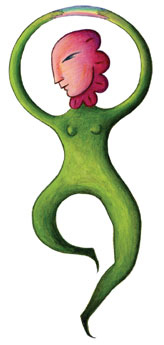 Next Newsletter
Next Newsletter Next Institute Event
Next Institute Event Relational Harm Reduction Radio
Relational Harm Reduction Radio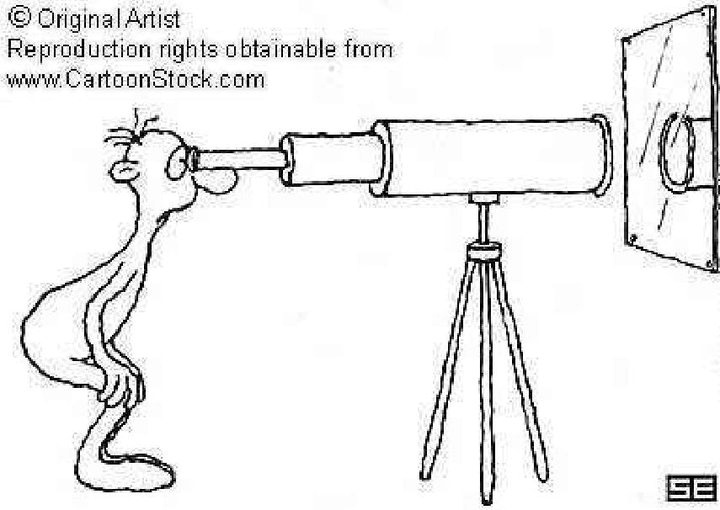
 Reading Suggestions
Reading Suggestions 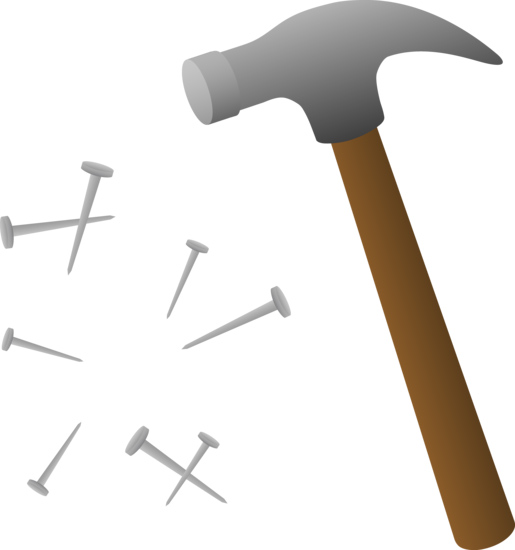 Pathocentric Tools
Pathocentric Tools Assessments
Assessments  Survivor Centered Help Aides
Survivor Centered Help Aides The Institute’s Resources
The Institute’s Resources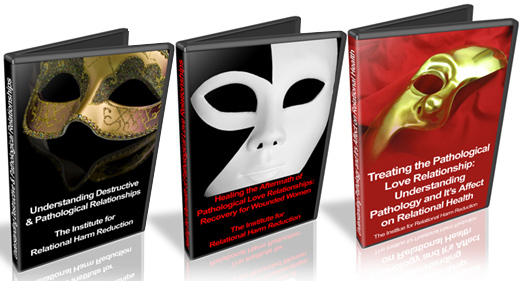
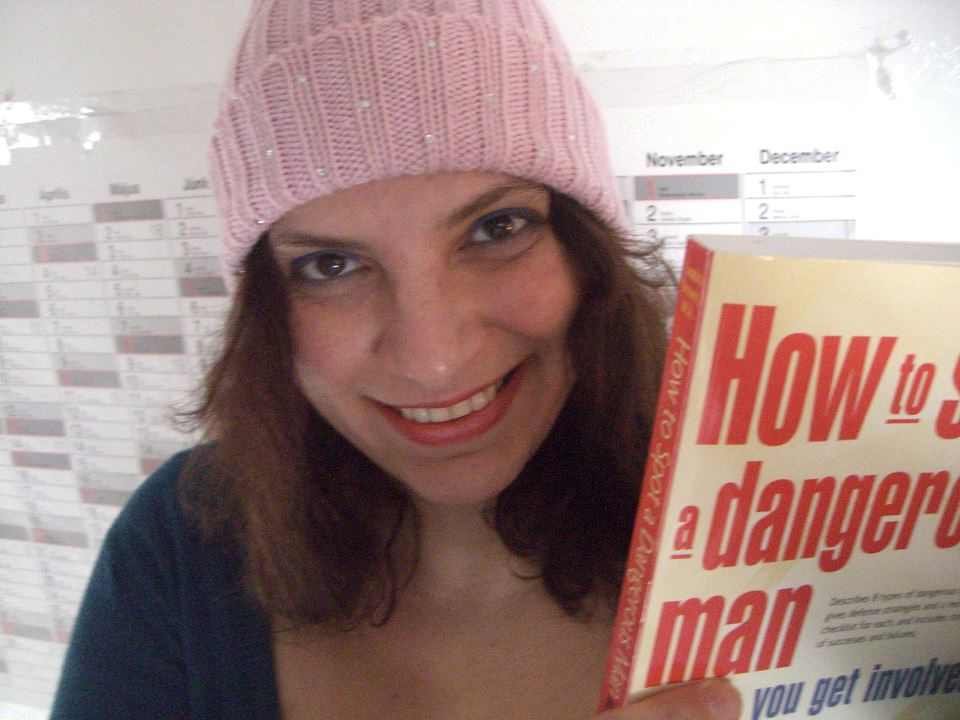 How to Spot a Dangerous Man Workbook
How to Spot a Dangerous Man Workbook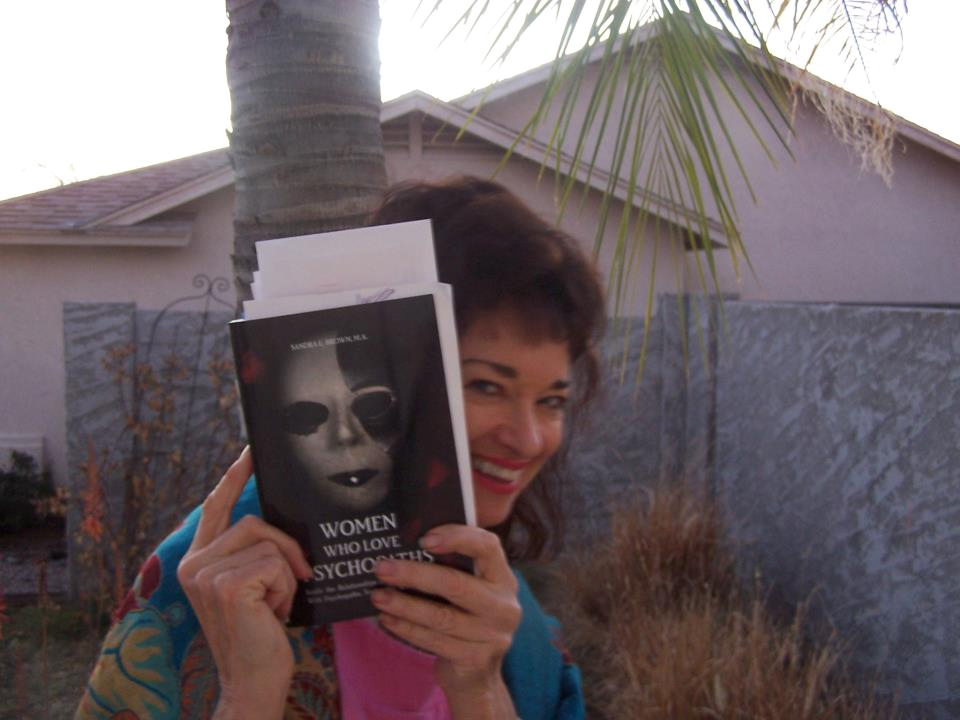
 Counseling Victims of Violence
Counseling Victims of Violence 